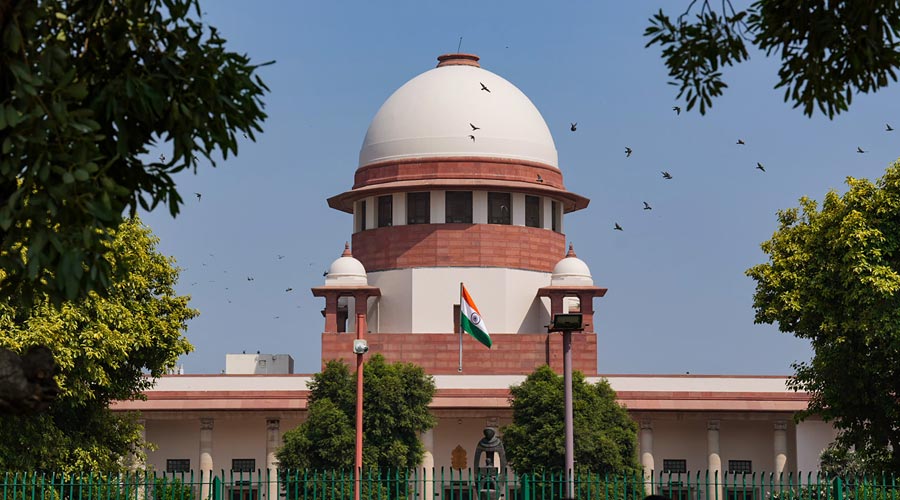The Supreme Court in the case M Sivadasan (Dead) through LRs v. A.Soudamini (Dead) through LRs and others observed and has reiterated that for a Hindu female to claim rights as stated under Section 14 of the Hindu Succession Act 1956, thus, she has to be in possession of the property.
It has been stated under section 14 that the property of a female Hindu will be her absolute property and any property possessed by the female Hindu, weather it is being acquired before or after the commencement of this Act, shall be held by her as full owner thereof and not as a limited owner
In the present case, the civil appeal was arising out of a suit filed in Kerala. Thus, the trial court, the appellate court and the High Court had concurrently ruled against the plaintiffs by holding that the woman from whom they seek to derive the rights of them was never in possession of the property and hence Section 14(1) was not applicable.
The bench comprising of Justice CT Ravikumar and Justice Sudhanshu Dhulia in the case observed and has stated that section 14 sub-Section (1) had no application in the said case and the essential ingredient of Section 14 sub Section (1) is possession over the property.
The bench in the case observed and has referred to the decision in the case Ram Vishal (dead) by lrs. and Ors. v. Jagan Nath & Another, wherein the court held that the possession was a prerequisite to sustain a claim under subsection (1) of Section 14 of the 1956 Act. It has also been stated by the court that the preexisting right is a sine qua non for conferment of a full ownership under Section 14 of the Hindu Succession Act. Therefore, the Hindu female must not only be possessed of the property but she must have acquired the property and such acquisition must be either by way of inheritance or devise, or at a partition or in lieu of maintenance or arrears of maintenance or by the gift or by her own skill or exertion, or by purchase or by prescription.
Further, the bench in the case observed and made certain observations with regards to the scope of Special Leave jurisdiction under Article 136 of the Constitution of India. The court stated that it is true that leave has been granted in this case. Thus, nevertheless, the settled legal position remains that even after leave is granted and appeal is admitted, the appellants must show that exceptional and special circumstances which exist to reverse the findings, or grave injustice will be done if the decision under challenge is not interfered with. Accordingly, the court dismissed the SIP, while confirming the decree of the trial court.

















